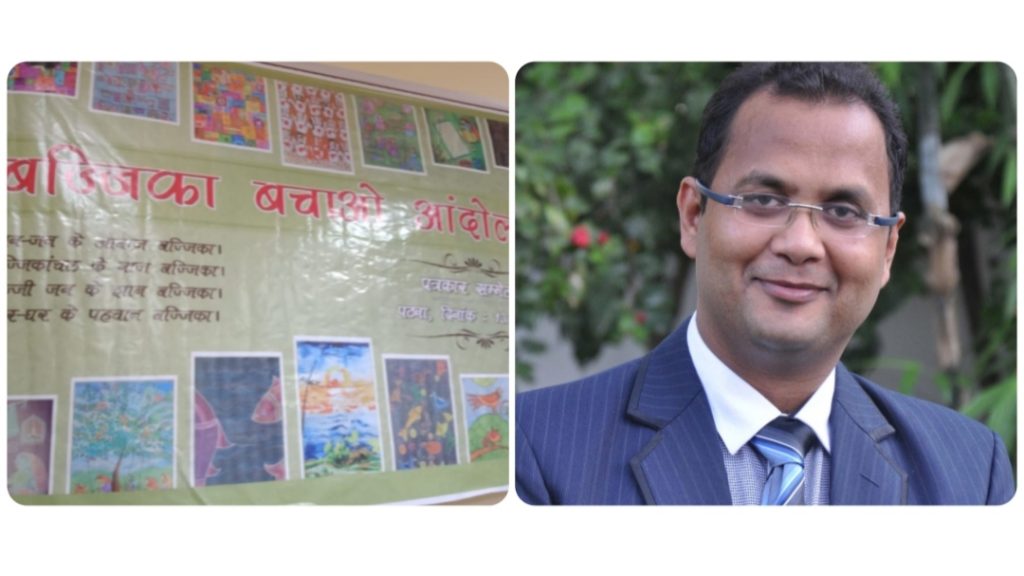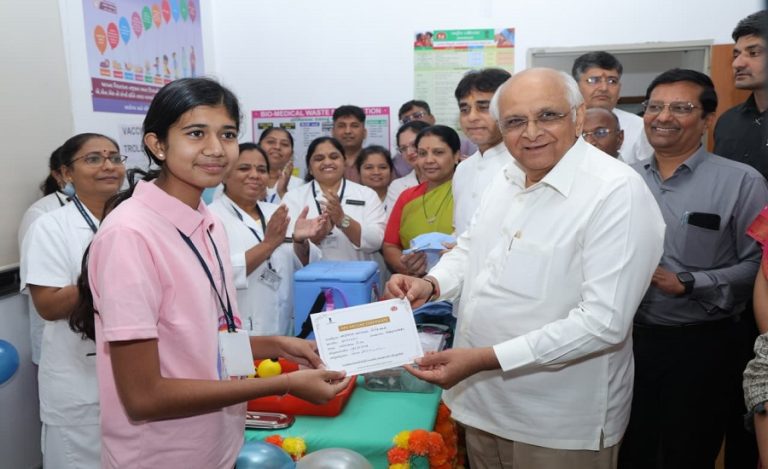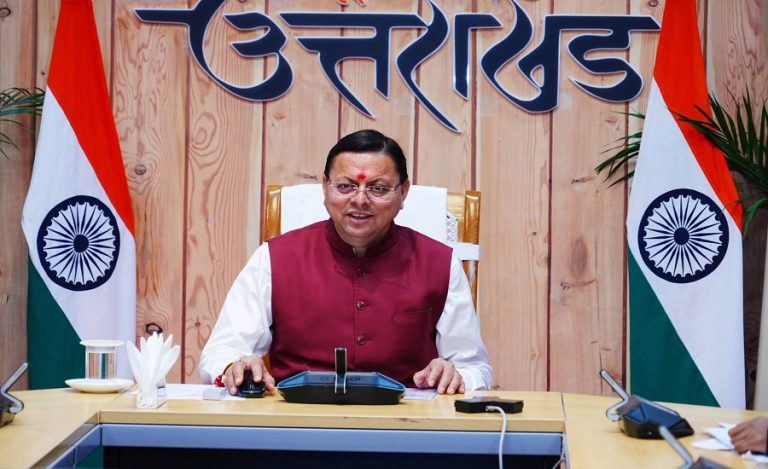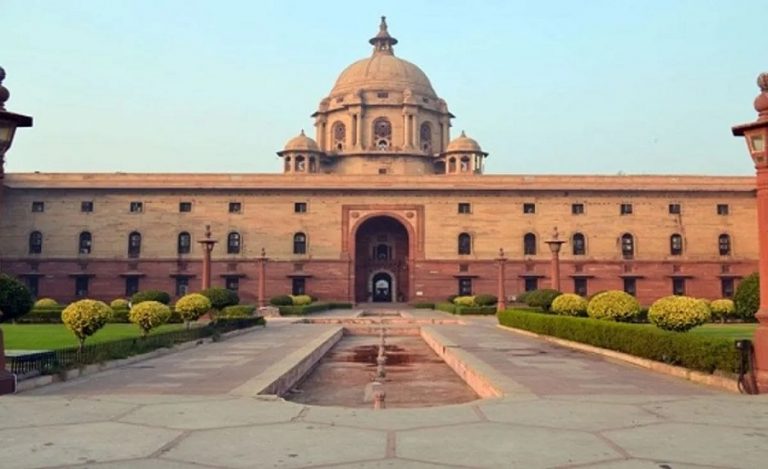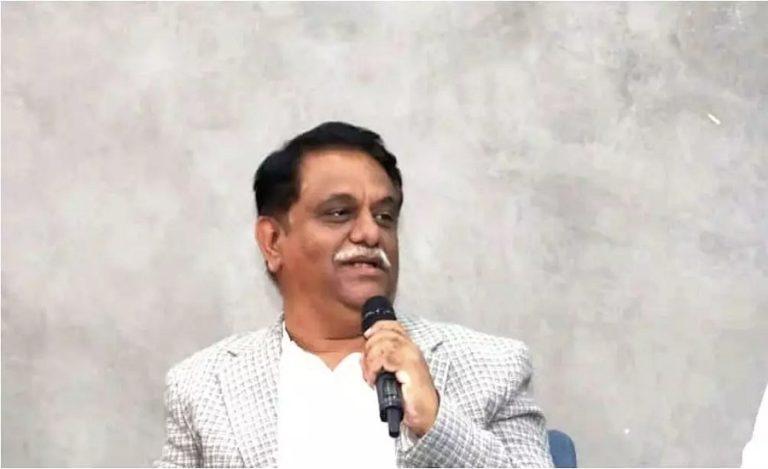India is one of the most linguistically diverse countries in the world. However, we are not doing enough to preserve our native languages.
There is an importance of protecting and preserving our linguistic heritage as people of India cannot afford losing the treasure which we have inherited over the course of long journey of our civilization.
To protect and conserve our mother language, Mr Ganga Kumar, Deputy Director General (Administration) in Ministry Statistics and Programme Implementation (MoSPI), Govt. of India, has started a campaign which will run in two phases. The first phase is “Bajjika Bachao Andolan”. In an exclusive interview with Indian Masterminds, ISS officer Ganga Kumar shares about his vision for the campaign Bajjika Bachao Andolan.
WHAT IS BAJJIKA DIALECT?
People from Bihar are mostly asked if they speak Bihari. However, there is no such language and not everyone residing in Bihar speaks Bhojpuri. Bihar has many dialects some of which are quite ancient. Different regions in Bihar have different dialects like – Maithili, Bhojpuri, Magahi, Angika and Vajjika (aka Bajjika).
Bajjika was the language of Vajji Clan. It has its root in the ancient times when Lichhavi and Vajji clan were ruling the Republic of Vaishali. Bajjika was adopted as the language of the Vaishali Republic. It falls in the Indo-Iranian group of Indo-Aryan languages.
बज्जिका भाषा हमारी पहचान के साथ गौरव है। यह हमें एक दूसरे से जोड़ती है। इस भाषा में अपनापन का अनुभव होता है। आमलोगों की पहल से बज्जिका का विकास व विस्तार हो सकता है। pic.twitter.com/2UlzL6orgv
— Ganga Kumar (@activistganga) November 26, 2021
Vaishali, Muzaffarpur, Sitamarhi, Sheohar, Western parts of Samastipur, Madhubani and parts of Nepal are the places where Bajjika dialect is mostly spoken.
BAJJIKA BACHAO ANDOLAN
“I believe that if you lose your mother tongue then a country’s linguistic civilization is coming to an end and to give due respect to our mother tongue we have launched Bajjika Bachao Andolan,” says Mr Ganga Kumar.
Mr Ganga Kumar says that there are two phases of this andolan. First phase is for Bihar and second is for the other 400 mother languages of India that has been disappeared now. “I am from Bihar and therefore I have some responsibility towards my mother tongue,” he says.
Bajjika is around 2500 year old language which has a historical substance. Many epics and songs have also been written in the language.

He says that preparations are being made to work on three points so that the Bajjika language gets its place. “During the first phase of the campaign we are working mainly on three pointers – first is the demand that Bajjika should be given a place in the census,” said Mr Ganga.
Secondly, the initiative tends towards the new education policy. “We want that mother language should also get promoted along with other languages through the new education policy,” he added.
He further added, “Once the language gets into new education policy, we can generate employment by hiring teachers of that language.”
REASON BEHIND LEAVING THE MOTHER LANGUAGE
Mr Ganga Kumar says that there are two reasons that why people are leaving behind their mother tongue and majorly focusing on other language like English.
According to him the first reason is the old education policy of our country which focused mostly on English language and tried vaporising other Indian languages. “Unfortunately we are still following it. British wanted to make an India where Indians’ mentality should be like their’s,” he said.
He says that he personally believe that people should definitely have the knowledge about 10 different language. “But if you are unaware about your mother tongue then you are on the verge of losing everything,” Mr. Ganga added.
भारत में २००१ की जनगणना के अनुसार लगभग 1 करोड़ 15 लाख लोग बज्जिका बोलते हैं। लेकिन फिर भी इसे अभी तक भाषा का दर्जा नहीं मिला है । pic.twitter.com/fm0LPPplx7
— Ganga Kumar (@activistganga) November 27, 2021
The other factor is unemployment. He says that according to Niti Ayog, post-Independence there has been 20-25% seasonal unemployment, part-time unemployment or full time unemployment in our youth. “This gives impression that one should speak English to get a good job,” he added.
FUTURE PLANS
For phase II, his team has envisaged a campaign for the other 400 mother languages which have already disappeared. “We are doing a series of activity with India International centre because language is not only equal to speech. Instead, language is equal to food, lifestyle, dance, music,” says the officer.
He says that they have planned to put this before the government. “And if it does not work then we are planning to do a march past so that we can sensitize and make masses aware about our mother tongue,” he concluded.

